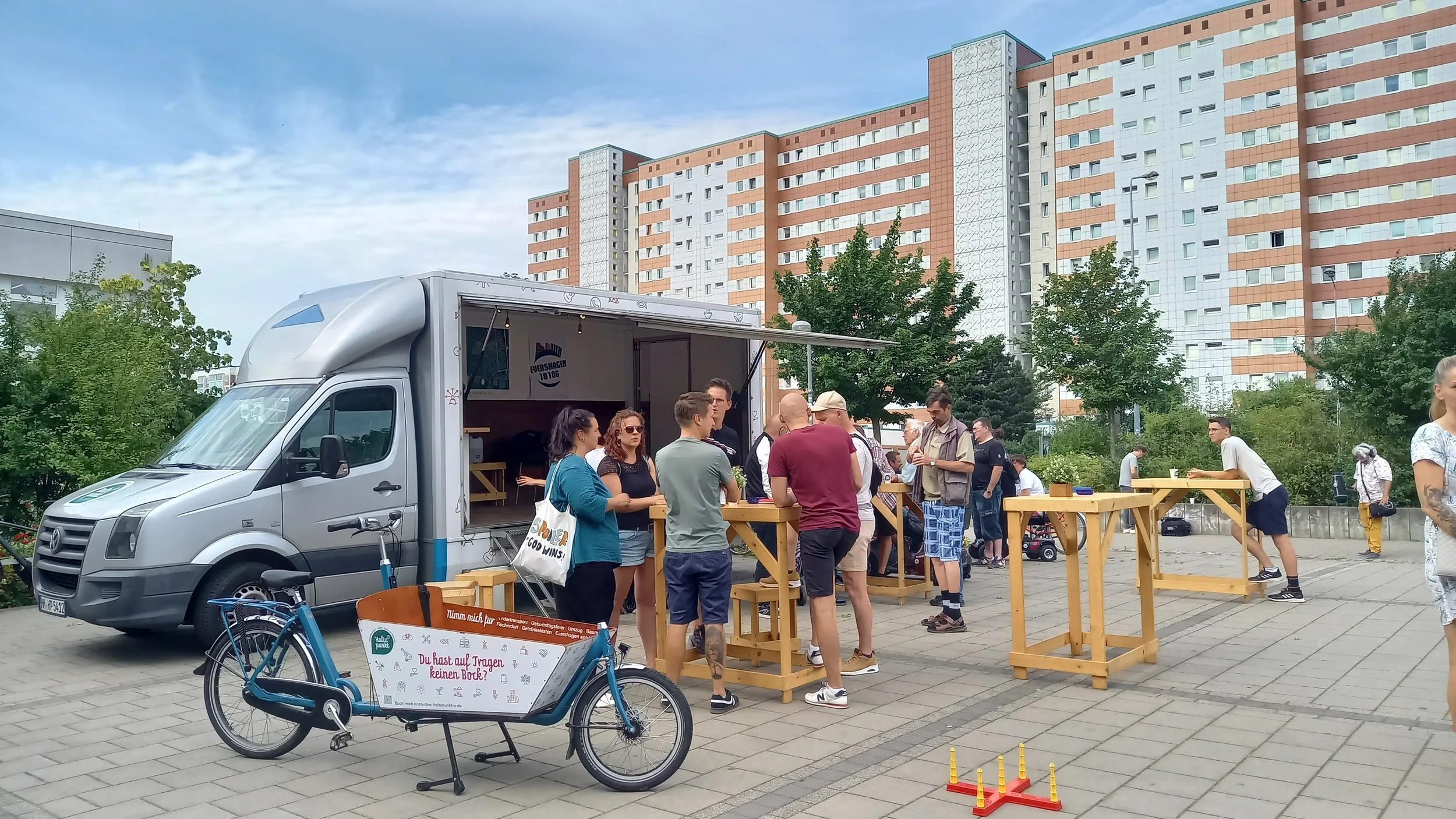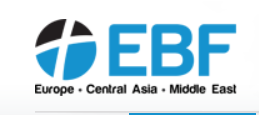Across Central and Eastern Europe nationality dictates religious affiliation to Orthodoxy. any change from the inherited Christian tradition to another Christian denomination such as Brethren or Baptist, is seen as betrayal of their ancestors’ Church.
Read MoreEast Germany, once the birthplace of the Protestant Reformation, is now among the most irreligious regions in Europe,. where many people grow up without ever encountering the Christian faith. What does it mean to speak of mission in a society shaped by religious indifference?
Read MoreJust under 1/3 of all participants at the Lausanne 20/21 gathering were from Central and Eastern Europe. As the percentage of born-again Christians across Eastern Europe is much smaller than in Western or Northern European countries, this shows that organising committee put effort to mobilize participants from Eastern Europe.
Read MoreWhen analysing the cross-cultural mission of the European Churches, one might see different characteristics. We will share a few observations from a Romanian perspective.
Read MoreThere is a bus which runs directly from a small Roma Hamlet in NE Slovakia to Sheffield. When Slovakia became part of the EU in 2007, many Slovakian Roma travelled on this bus and settled in estates in the north of Sheffield, UK.
Read MoreIn this article we will look at 1 Peter 1:1 and at the Protestant-Evangelical movement in Kosovo. This church exists in the context of Islam, and has already been in the margins for decades
Read MoreThis article seeks to contribute to the ongoing conversation on the state of the church in mission in Europe with a special focus on Central and Eastern Europe reflecting on future perspectives and challenges in six key areas.
Read MoreA recent EBF Mission Partnership conference in Georgia sought to ‘encourage, and inspire in ministry’ a group of indigenous church planters from Eastern Europe.
Read MoreLeadership theory and practice is essential to effective Christian mission, yet as a multi-faceted, culturally conditioned phenomenon, it is often underestimated and lacking in critical examination.
Read MoreEstablished in 1993 in Belarus, the Russian-language newspaper Kolokol (The Bell) has a vision to reach beyond the church with the Good News of Christ, in particular places where Christians may not be allowed to freely share the Gospel.
Read More‘How to be a church and how to do mission?’ These are the most difficult questions which pastors, theologians and practitioners have tried to resolve over the centuries.
Read MoreThese are my ponderings and reflections of the refugee situation which occurred during 2015 in South East Hungary. These are the keywords which for me described the situation which unfolded
Read MoreShort memories breed short-sightedness. For my generation who witnessed first hand the momentous events of 25 years ago, it is imperative to tell the stories to a generation of Europeans too young to remember, and to reflect on their enduring significance.
Read MoreMy first visit ‘behind the Iron Curtain’ was in 1970 with the Netherlands-Soviet Youth Friendship Society, a communist front group. I had just joined a small band of Bible Smugglers led by a daring young Dutchman called Brother Andrew
Read MoreDuring the early 80s, as I became more aware of world and regional politics, European politics was dominated by that apparently impregnable wall separating East from West and of the vast empire of the USSR whose ranks were massed behind it.
Read MoreIn the exciting days after the break-up of the Soviet Union, churches grew and revival seemed to be on its way. Nikolai Ivanov from The Bulgarian Bible League remembers his church in Sophia growing from 200 members to 5000 in less than three years.
Read MoreThese are two important works written in the years following the fall of the Berlin wall. Both of them emphasise the vital influence of the “soft powers” and the thousands of ordinary Christians whose lives made a real difference. Both are available second-hand at very low cost.
Read MoreThe printing of Bibles was not allowed during the 1950’s and 1960’s in Eastern Europe where the communist ideology reigned. This painful situation was recognized by some brave Christians from the West who dared to cross the Iron Curtain
Read MoreIn 2002, the European Baptist Federation announced an ‘Indigenous Missionary Partnership’ based on the simple observation that indigenous missionaries had an advantage linguistically, were trusted locally, were culturally more relevant, required no time to orient to their context, and were significantly cheaper to deploy
Read MoreMission agencies have engaged in church planting across Europe for many decades. Yet increasingly they are engaged in facilitating church multiplication through partnering with national churches rather than being the pioneers themselves.
Read More











![A New Way of Being a Missional Church in Eastern Europe [Moldova and beyond]](https://images.squarespace-cdn.com/content/v1/5e3426c42a9bf131f7073b78/1581167344843-2O5M7U7K35D33YWTR4CI/Missional+church.png)








